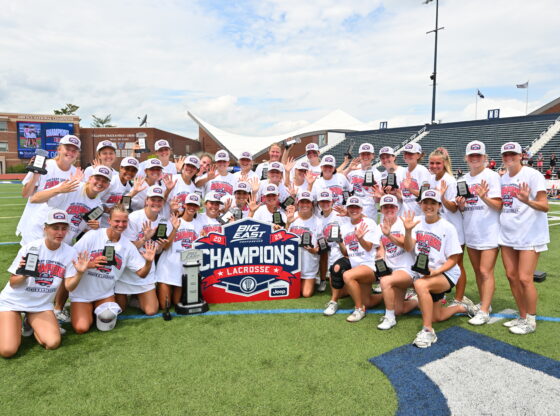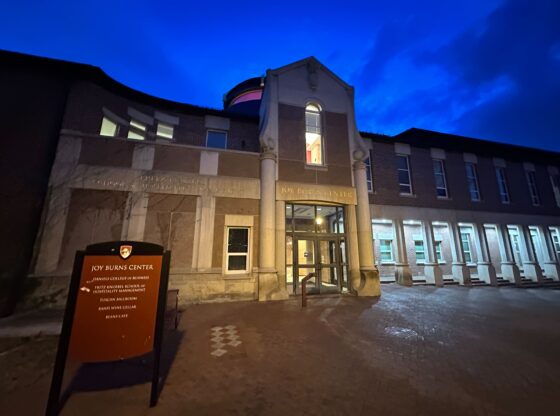When DU’s public policy program moved from the School of Arts, Humanities, and Social Sciences to the Josef Korbel School of International Studies in July 2016, the move was seen, according to 2016 DU Newsroom coverage, as a way to “leverage the complementary nature” of the programs. Having more interaction between public policy students and the professors, students and events in Korbel has benefited the public policy program in numerous ways; however, the new direction of the program has also meant a major missed opportunity—not enough policy students at DU are studying local policy issues. DU’s vision is to be a private university for the public good, and yet policy students are rarely tasked with the public good of our own city.
For students studying policy analysis, Denver is a real and living example of how complex policy issues intersect, how politics affect this and how available data can be used in finding solutions. Transportation, housing, affordability and the actions of the state legislature located downtown are all policy issues that affect the daily lives of people here. For all of the things that make Denver a great place to live and work, our problems, like the ones mentioned above, are numerous and challenging.
Public policy students at DU study how to craft problem definitions, how to avoid data bias, how to use historical actions as context for current policy and how to come up with solutions that will be the most productive. These are skills that are widely useful, but in undergraduate classes, the real-world examples used are often at the national or international scale. Conversations about problem definitions point to examples of expansive issues such as gun control in the U.S., data bias is discussed in the context of American mainstream media and historical examples often come from international relations and federal decisions. These issues are indeed important to understand for students who want to do policy analysis, but using only these examples ignores issues not taking place at the national or international level.
Each public policy student has a different reason for why they chose to major in policy rather than international studies (some choose to do both), but the desire to understand and find solutions for local and regional policy issues is one of those reasons. Policy at the level of a city or region is massively important. As ideological differences in cities persist, driven by income disparities and problems with housing access (an issue The New York Times recently described in depth), we are going to need local solutions that account for the specific characteristics and needs of that locality. Public policy students at DU could be a huge asset to Denver by studying and researching real local issues, both in classes and in research and thesis projects.
The benefits policy students have gained from the move to Korbel should not be discounted, though—Korbel was ranked #11 in Foreign Policy magazine’s list of best master’s programs for international relations, and being in the same school allows policy students to interact with Korbel professors and students as well as attend events. However, the policy program can maintain these ties while also differentiating itself from international studies by including some class topics and projects related to Denver. This would be similar to some of the offerings of policy undergraduate programs at schools like Stanford, where a concentration within the major offers classes related to California issues, and University of Chicago, where urban studies is a concentration within the policy major. DU’s program is small, so offering various concentrations may not be realistic, but the program could also incorporate local internship experience into the curriculum—University of Chicago and Duke University are examples of schools that include an internship elective in their policy curriculum.
The public policy program should not stop teaching about national and international policy; it should, in addition to these topics, include regional issues, as well. DU students live and study in Denver, and policy issues are visible all around us. More DU students applying their policy knowledge to the problems the city faces would be an even greater commitment to local public good.











